South Korean president declares martial law to clamp down on 'pro-North Korean' lawmakers
South Korean President Yoon Suk Yeol has declared nationwide martial law in a move to clamp down on his "despicable pro-North Korean" political opponents.
"I declare martial law to protect the free Republic of Korea from the threat of North Korean communist forces, to eradicate the despicable pro-North Korean anti-state forces that are plundering the freedom and happiness of our people, and to protect the free constitutional order," Yoon said late on Tuesday during a nationwide address.
The surprise move sent shockwaves through the country which has not seen martial law since 1980.
South Korea's leader claimed he had no choice but to resort to martial law in order to safeguard the state’s free democratic rule and constitutional order, saying opposition parties have taken the parliamentary process hostage to throw the country into a crisis.
He did not name anyone in particular.
However, Yoon generally refers to his political opponents as "pro-North Korean anti-state forces" and in the past he has criticized the parliamentary forces for hindering his agenda and undermining the country.
Yoon complained that lawmakers in South Korea were sabotaging the government, essentially stopping him and his government from functioning.
Following Yoon's announcement on Tuesday night, Lee Jae-myung, leader of the opposition Democratic Party, called on South Korean masses to head to the National Assembly where the entrance to the parliament building had been blocked by security and military forces.
"Tanks, armored personnel carriers, and soldiers with guns and knives will rule the country," Lee, whose political party holds the majority seats in parliament, said in a livestream online. "The economy of the Republic of Korea will collapse irretrievably. My fellow citizens, please come to the National Assembly."
Last week, the opposition Democratic Party rejected the annual state budget bill proposed by Yoon's government, slashing more than 4 trillion won from the 2025 budget proposal. This week, the party set forth a motion to impeach some of the country's top prosecutors.
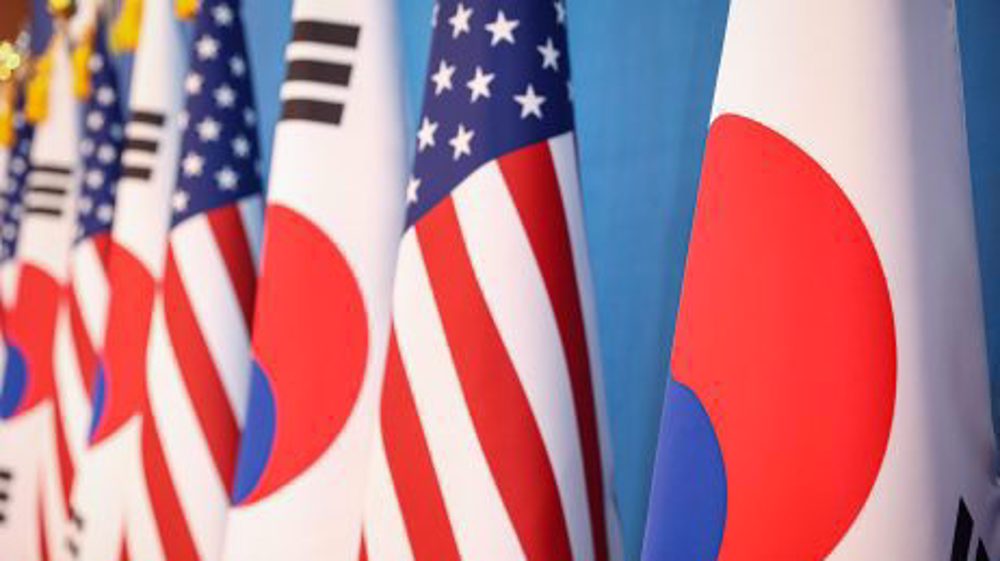
US-South Korea trade tensions
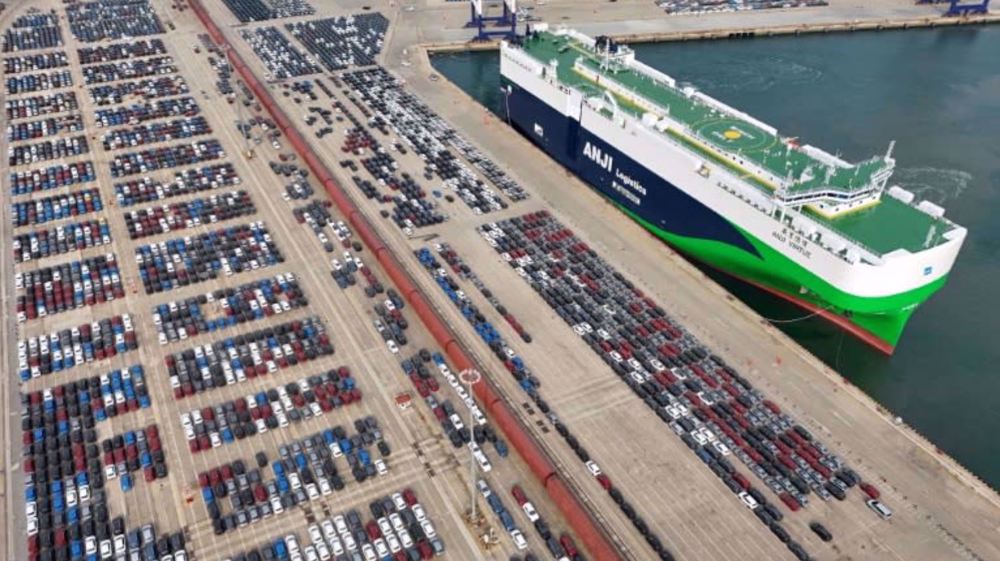
China ‘firmly’ opposes countries making trade agreements with US at its expense
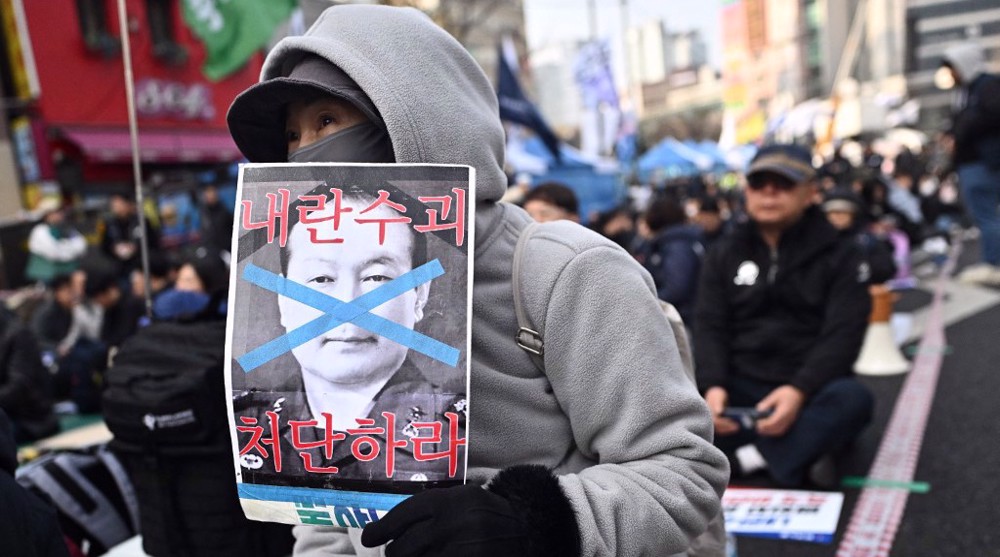
South Korea's court removes president over martial law controversy
Ex-spy chief urges ‘revolt’ against Israeli regime; says Tel Aviv must be ‘stopped’
VIDEO | Press TV's news headlines
VIDEO | Paris hosts ‘end famine’ rally in support of Gaza
Global reactions, offers of assistance pour in after huge deadly explosion in S Iran
Iran pres. stresses collective, effective fight against terrorism in calls with India, Pakistan PMs
VIDEO | Iran-US indirect talks
Iran declares holiday in Bandar Abbas port as fire still raging
VIDEO | NY protesters demand end to genocide on Global Day for Gaza


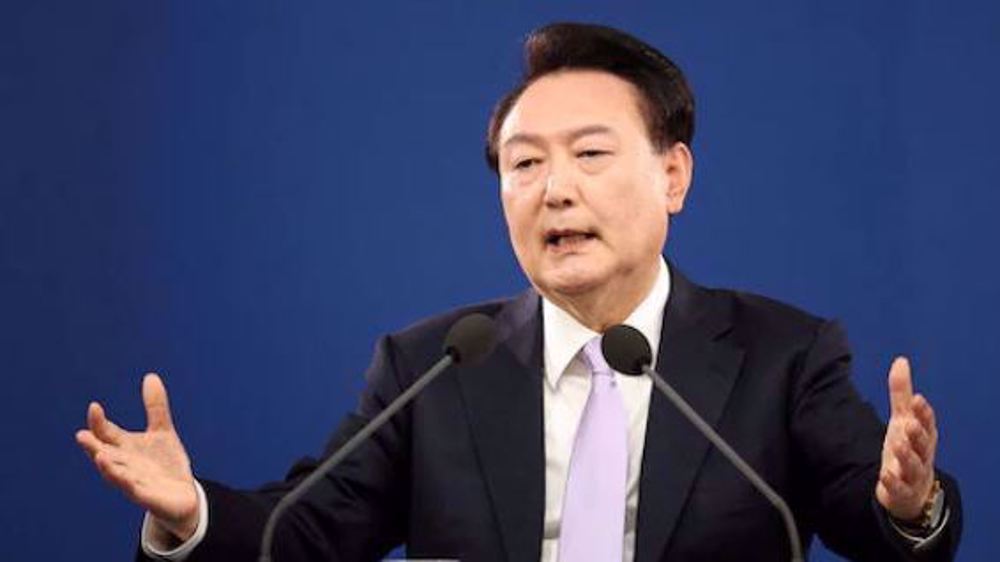



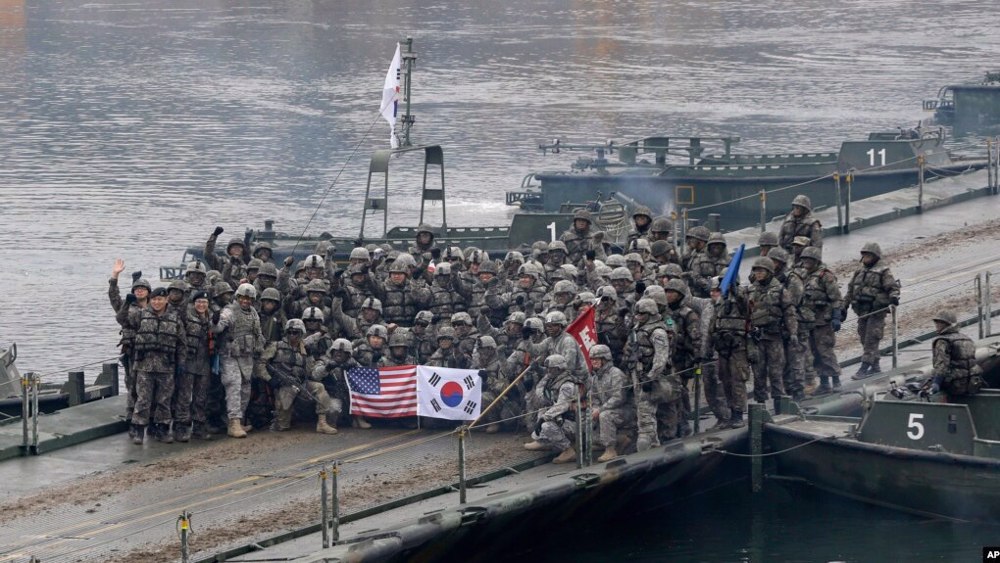

 This makes it easy to access the Press TV website
This makes it easy to access the Press TV website